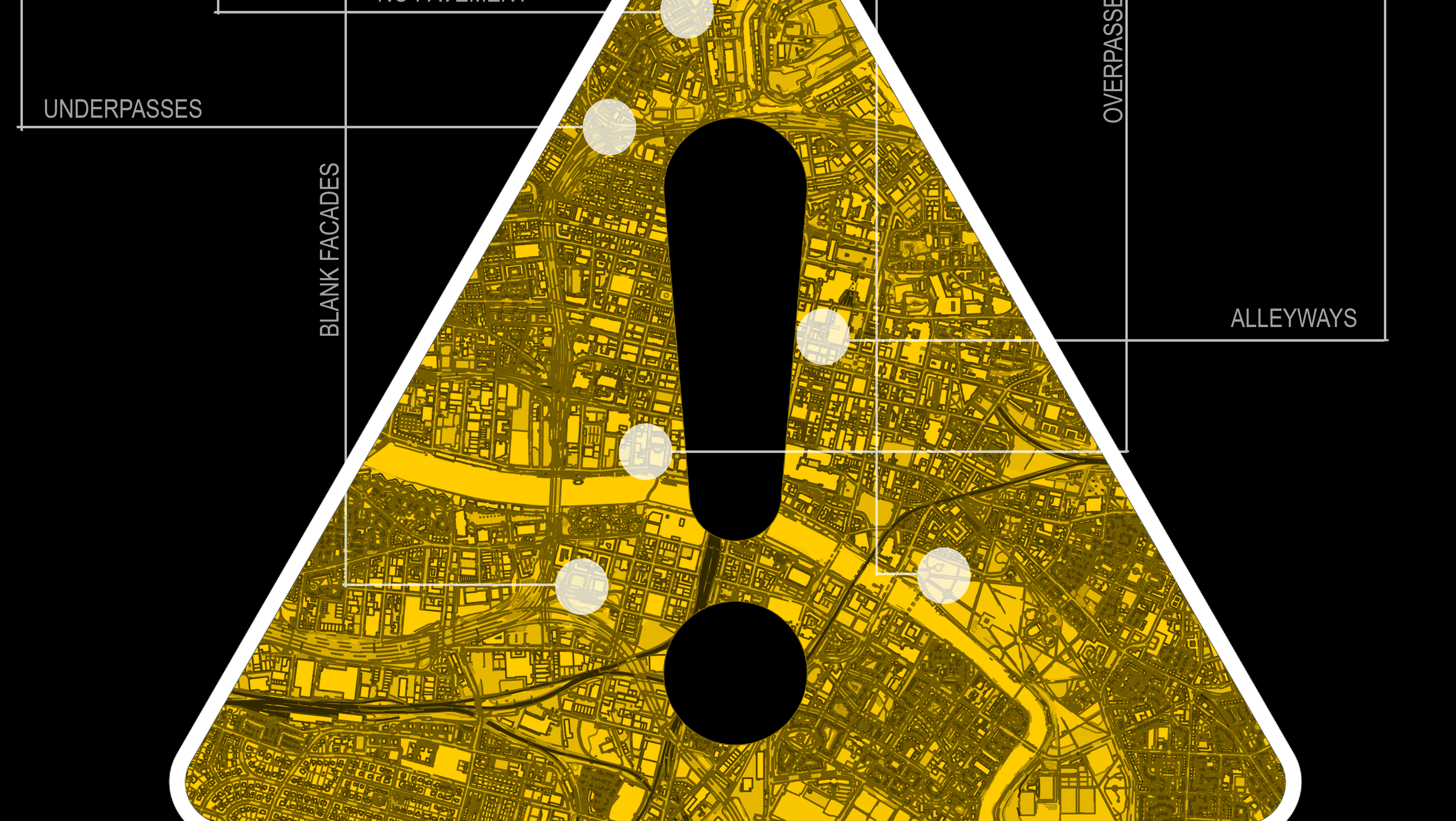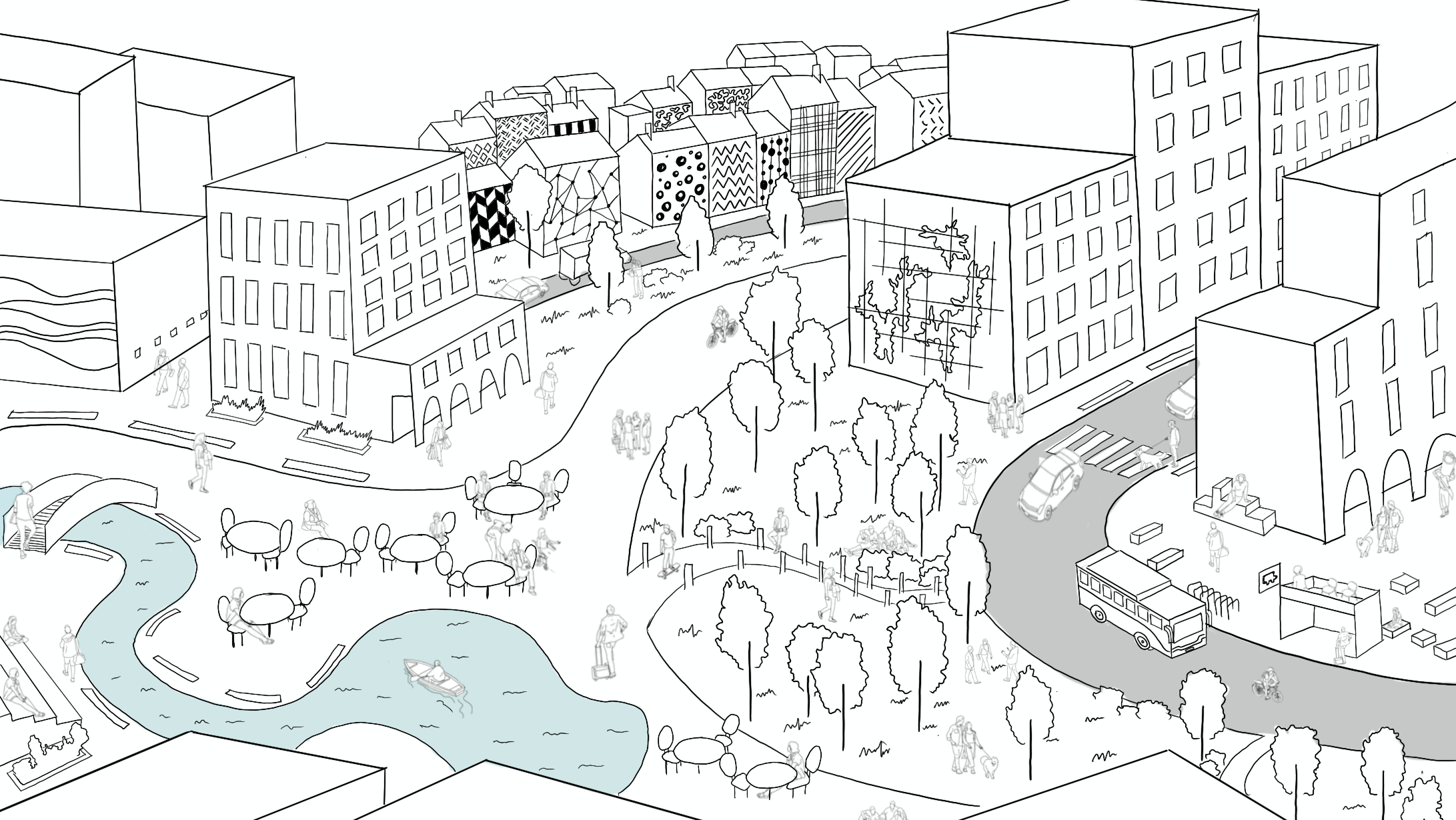Throughout history, women have overcome many inequalities and boundaries to become equal members of society. However, there is more still work to be done.
Gender-based violence is still an issue in today’s world and one that restricts the lives of many women. After the murder of Sarah Everad in 2021 sparked a series of Reclaim the Night protests around the country, the question of street safety at night was quickly brought into the conversation, with women sharing their personal stories of fear at night, and studies showing 97% of women have experienced a form of sexual harassment in their lifetime.
This project will look at why these issues are still present in society more than 30 years after the first protests started. Traditionally, women have often been told it’s their responsibility to be safe at night but is that really the case? Looking at the roles society places on men and women, what creates fear and how we build trust can start to reveal who is really responsible for making streets safer for women.
Focusing on the city of Glasgow, the project will explore different street designs in the city as well as the layout and organisation of Glasgow to discover which elements impact the feelings of safety. Ideally, the resulting conclusions from the research will also be relevant to other cities but focusing first on Glasgow provides a defined research area.
The research phase of this thesis resulted in the idea of a tool kit looking at three different scales of development; City, Neighbourhood and Street. Looking at Glasgow through these lenses and finding solutions for each could also be adapted to other cities to help women feel safer anywhere at any time.

Research Collage

Male and Female Roles

Analysis of Eyes on the Street Theory

Differences in Gender

Fear Hot Spots in Glasgow

Street Analysis

Reuslting Areas of Focus

Three Scales of Potential Development


